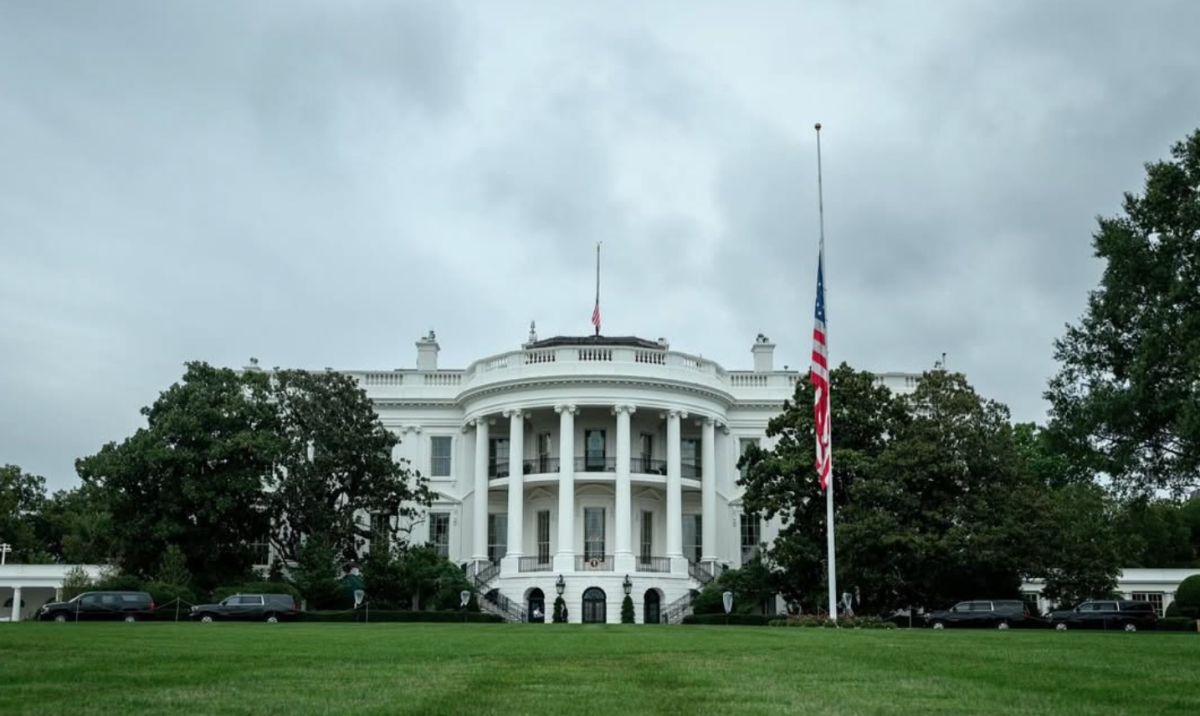By Sam Belden

New York Mets fans have gotten pretty used to disappointments. They can’t complain too much—the franchise did just win its first National League pennant in 15 years. But the rosters in those interim years were mostly terrible, and between the late-season collapses, the financial struggles and all those Luis Castillo plate appearances, fans of the orange and blue have learned to expect the worst from their team.
That’s why it wasn’t surprising when the Mets lost second baseman and postseason hero Daniel Murphy to a division rival, the Washington Nationals, last month. Granted, they didn’t make much of an effort to bring him back, and they even found a capable replacement (Neil Walker, formerly of the Pittsburgh Pirates). The point, however, is that it was all so eye-rollingly predictable. Murphy’s new deal with Washington will likely be an overpay, but good teams run that risk all the time. It was frustrating that the Mets front office refused to deviate from its penny-pinching ways, even for a franchise icon.
All of this made it that much more incredible when the news broke that the Mets had re-signed superstar outfielder Yoenis Cespedes. The deal, which has yet to be confirmed by the club, will run for three seasons at around $25 million per year and includes an opt-out clause after the first year. While it was a bold move by the Mets, Cespedes also made a big statement by coming to terms, and fans will benefit from both sides’ willingness to compromise.
Cespedes, a native of Cuba, has been a well-traveled player in his four year big league career. After spending two-and-a-half seasons with the Oakland Athletics, he was flipped to the Boston Red Sox at the 2014 trade deadline, who flipped him to the Detroit Tigers at the end of the year. After a great four months in the Motor City, Cespedes was traded once again — this time to the Mets, who needed an offensive boost in their quest to win the National League East. He put up a monster performance, slashing .287/.337/.604 and hitting 17 home runs in 57 games. Despite the brevity of his National League stint, he finished 13th in MVP voting.
Unfortunately, the glory days soon ended. Cespedes cooled off in the playoffs, and his contract expired at the conclusion of the World Series. This offseason’s free agent class was top notch, and like his fellow free agents, Cespedes wanted to cash in. The problem was that he was after a five-year deal, and no team was willing to bite — at least, not until the outfielder market developed a bit more. Meanwhile, the Mets traded for Walker and signed free agents Asdrubal Cabrera and Alejandro de Aza: decent moves, if a little unexciting. They seemed to be in no rush to offer Cespedes anything close to his desired contract length.
Enter the Nationals. A popular pick to win the World Series at the outset of the 2015 season, the club was hampered by injuries and poor play and ended up missing out on the playoffs. Despite their surplus of outfielders, the Nationals badly wanted Cespedes and offered him what he was seeking: a five-year contract. Meanwhile, the Mets refused to go above three.
From an economic perspective, the Nationals were the logical choice, but Cespedes bucked the trend and chose to stay with the Mets for less guaranteed money. While he loved his time in New York City and wanted it to continue, there was more at play here. In fact, this year’s oversaturated outfield market damaged Cespedes’ value; the addition of an opt-out clause gives him the option to test free agency after this season, when there will be fewer premium players available. In other words, he’s forgoing a massive payday now for a potentially greater one next year.
The Mets front office knew that it had to act. There was no better time to be aggressive in free agency, and team officials knew that fans would be livid if they lost their best position player to a division rival. The loss of Murphy stung and will continue to sting, but the infielder was worth 1.4 Wins Above Replacement last year. Cespedes was worth 6.3. They’re in two different leagues (figuratively speaking, anyway). Credit to the Mets for recognizing that and acting accordingly — and for not backing down when Cespedes’ defection to Washington looked like a sure thing.
In the end, both Cespedes and the Mets organization made concessions in order to achieve a mutually desirable outcome. The real winners are the fans, who finally got to see their team flex some financial muscle and retain a marquee player. The front office has been doing its due diligence in turning the Mets into a competitive club. For that, long-suffering supporters should be grateful.






































































































































































































